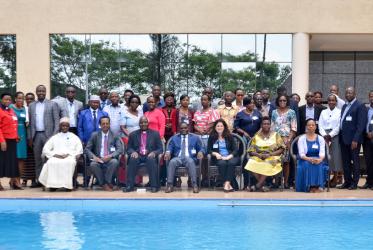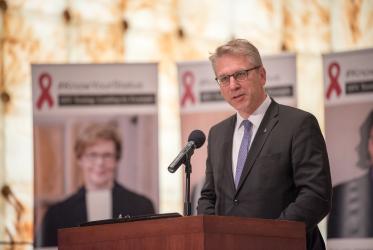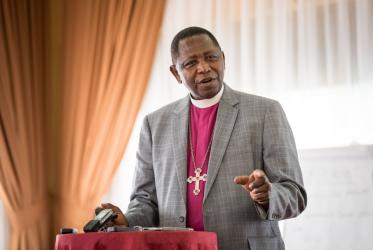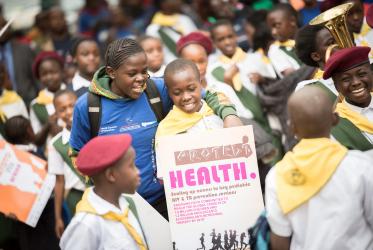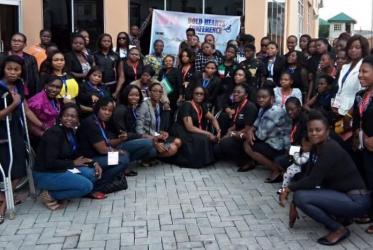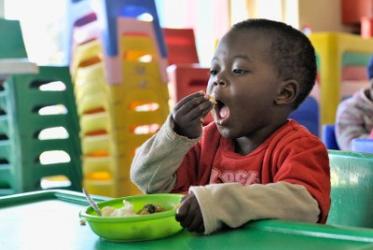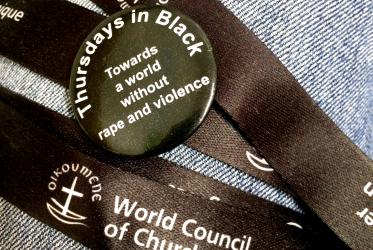Displaying 141 - 160 of 272
31 October 2017
“It will take faith to get down to business, to overcome HIV and AIDS”
13 September 2017
“Facing the storm of HIV, we can move together, be agents of change”
06 September 2017
“Do you know where to search for your lost child?”
18 July 2017
Youth engagement fundamental to HIV response
18 April 2017
UN discussion focuses on women, HIV and property rights
21 March 2017
